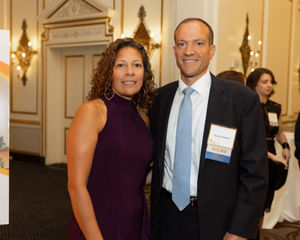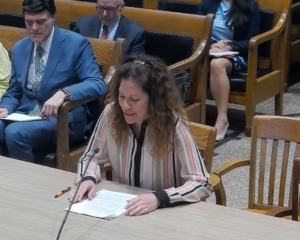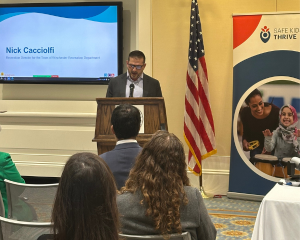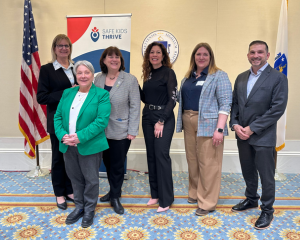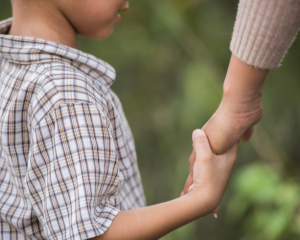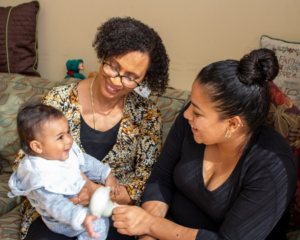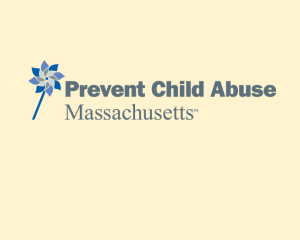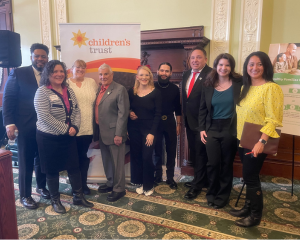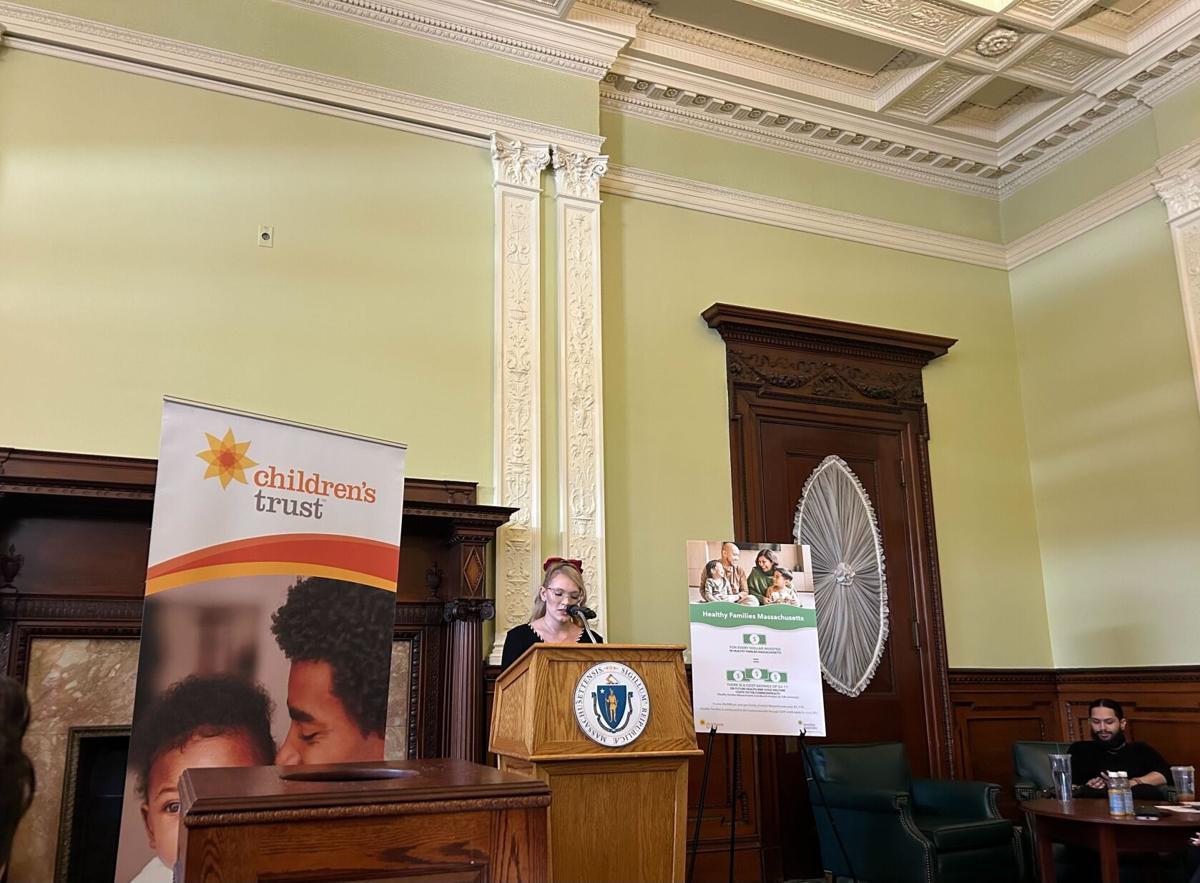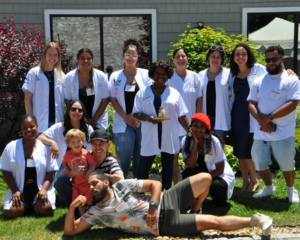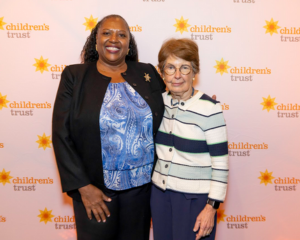Over the past decade, Massachusetts has made substantial advancements in the prevention of child sexual abuse. Guided by the work of the Massachusetts Child Sexual Abuse Prevention Advisory Council—formerly the Massachusetts Legislative Task Force on the Prevention of Child Sexual Abuse—the state has established a first-of-its-kind framework for reducing the risk of sexual abuse in youth-serving organizations. The Children’s Trust, in partnership with the Office of the Child Advocate, has co-chaired this effort with a focus on promoting systemic, evidence-based approaches to prevention.
This article outlines the evolution of child sexual abuse prevention work in Massachusetts and previews the next phase of work, including a growing emphasis on early intervention for youth exhibiting problematic sexual behaviors (PSB).
Massachusetts Legislative Task Force on the Prevention of Child Sexual Abuse
The foundation of Massachusetts’ current efforts began over a decade ago with the formation of the Legislative Task Force, a public-private partnership charged with analyzing prevention strategies and offering recommendations to better protect children. The result was a comprehensive, 270-page report providing a detailed roadmap for youth-serving organizations to implement internal policies and procedures designed to prevent child sexual abuse.
To ensure accessibility and practical application of these recommendations, the Task Force held a series of listening sessions across the Commonwealth which led to the development of Safe Kids Thrive, a first-of-its-kind online resource that translates the report’s findings into actionable tools and guidance for youth-serving organizations. Safe Kids Thrive remains a cornerstone of the state’s prevention infrastructure.
Our Funded Partners
In recent years, we have further strengthened our network of prevention with regional partners by funding prevention-focused programs within their organizations:
- The Children’s Advocacy Center of Franklin County & North Quabbin has become a regional hub for prevention activities, supported by the recruitment of a Child Sexual Abuse Prevention Coordinator. Through a local Steering Committee and an emerging Ambassador Panel, the CAC offers direct technical assistance and consultative support to youth-serving organizations.
- The Children’s Advocacy Center of Hampshire County has scaled its adult and child-focused education efforts, training over 1,500 adults and more than 1,100 children in the past year alone. Their county-wide programming helps normalize conversations around prevention and strengthens protective environments for children.
- The Massachusetts Children’s Alliance (MACA) leads statewide efforts to build professional capacity around PSB-CBT (Problematic Sexual Behavior – Cognitive Behavioral Therapy), a highly effective treatment for youth exhibiting harmful sexual behavior. With over 89 clinicians trained since 2020, MACA is working toward a sustainable, in-state training model.
- MASOC (Massachusetts Society for a World Free of Sexual Harm by Youth) continues to provide advanced training, clinical consultation, and resource development for professionals working with youth exhibiting PSB. Their Provider Directory and case consultation services support frontline professionals handling complex cases.
- Enough Abuse partners with school districts to implement educator-focused training and develop prevention policies specific to the school setting. In the past year, they supported 94 schools across nine counties.
- Stop It Now! complements prevention efforts with public awareness campaigns, training, and outreach. Their efforts have reached thousands of professionals and families through educational materials, targeted advertising, and community presentations.
These collaborative partnerships are critical to ensuring that child sexual abuse prevention strategies are implemented across the Commonwealth.
Next Phase: Addressing Problematic Sexual Behavior in Youth
As the field of prevention evolves, there is increasing recognition of the importance of addressing problematic sexual behavior (PSB) in youth. PSB refers to child-initiated sexual behaviors that are developmentally inappropriate or potentially harmful to themselves or others. Research shows that children with PSB can respond positively to early intervention, yet families and professionals often encounter barriers in accessing appropriate resources.
The Children’s Trust is committed to closing this gap. As part of our next phase of work, we are:
- Integrating PSB education into child sexual abuse prevention training materials;
- Hosting community forums to better understand caregiver experiences and service needs;
- Collaborating with subject matter experts to develop tailored materials and guidance;
- Expanding community-based funding to support local PSB-focused initiatives.
By equipping youth-serving organizations, caregivers, and the family support workforce with the tools to recognize and respond to PSB early, we can prevent escalation and ensure youth and families receive the support they need.
The Path Forward
Looking ahead, Massachusetts is uniquely positioned to lead in the next generation of child sexual abuse prevention. We know that effective prevention requires:
- Clear policies and procedures within youth-serving organizations;
- Widespread training and education for adults and children;
- Investment in and access to resources;
- Collaboration and data-informed decision-making.
At the Children’s Trust, we believe that prevention is not the responsibility of any single agency or organization. It requires a collective, coordinated response across systems and communities.





